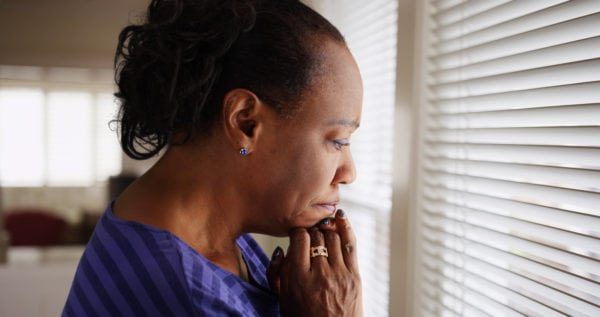If you have diabetes, you’re probably pretty knowledgable about being at increased risk of developing certain complications, including heart disease, blindness, nerve damage and amputations.
But one common condition among people living with diabetes that gets little attention is depression.
Though researchers can’t say for sure diabetes causes depression and they don’t fully understand the diabetes-depression connection, multiple studies conclude people with diabetes are at heightened risk of developing the mood disorder. A Harvard Medical School study went a step further, suggesting insulin resistance may alter brain chemistry to make diabetics more susceptible to it.
If you have diabetes, you know that managing your disease can be life consuming. To stay healthy, you need to keep track of what you eat, monitor your blood glucose levels, exercise, manage stress, remember to take your medications as directed and stay in regular contact with your doctor.
You also may worry about worst-case scenarios—amputation, heart disease, stroke and death—that could occur if you don’t manage your disease properly. There’s so much involved you might start to feel hopeless. When these feelings linger, many diabetes patients become depressed.
Everybody get sad sometimes, though, right? So how do you know if what you’re feeling is normal or if it has morphed into depression? If you keep regular company with your sadness over a period of weeks or months, that’s a sign. Other common symptoms of depression include:
- Feeling worthless or guilty
- Feeling angry, frustrated or irritable
- Losing interest in activities you used to enjoy
- Crying uncontrollably
- Experiencing interrupted sleep patterns—either sleeping too much or too little
- Experiencing a loss of appetite
- Feeling mentally and physically sluggish and slow
The positive: There are things you can do to decrease the likelihood of becoming depressed, many of which help control your diabetes symptoms, too, including eating a healthy, well-balanced diet, exercising regularly and carving out time to relax.
If you suspect you’re depressed, ask your doctor to evaluate you for depression. He or she may recommend medication or talk therapy to treat it. Diabetes may not be reversible, but you don’t have to suffer with depression.





